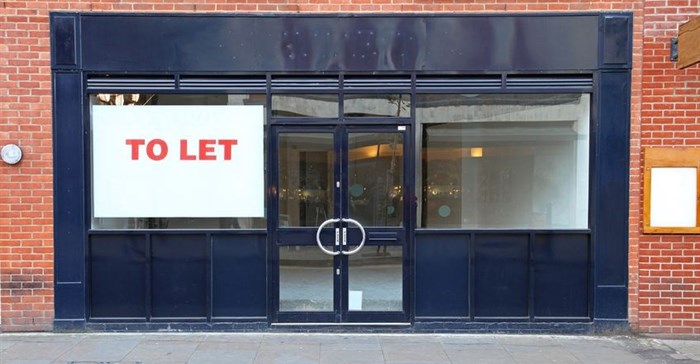
Top stories






More news


Marketing & Media
Ads are coming to AI. Does that really have to be such a bad thing?














“Prior to February 2011, natural persons and companies paid different transfer fees according to their respective legal status,” says Gregoriades. “However, since that date the laws have changed, leaving no distinction between transfer fees payable by natural persons or companies.”
There are four specific charges which are payable by the purchaser to the transferring attorneys who in turn pay the respective recipients, including themselves. These four costs are together generally regarded as the transfer costs.
The conveyancing fees are the charges levied by the transferring attorney for generating the necessary documentation and carrying out the legal procedures required to transfer the property into the purchaser’s name. “This fee is calculated as a percentage of the purchase price of the property and is the only portion of the costs which may be negotiable,” Gregoriades explains. The attorneys may consider a reduced charge if this is repeat business, for example, and VAT is applicable to this particular charge.
This fee is also payable to the transferring attorney for costs they incur and VAT is also applicable. “It is a set minimum charge which is therefore not negotiable,” says Gregoriades. “It is made up of costs for the Deeds Office search, to FICA the parties and also for the postage and petty cash expenditure necessitated by the transfer process."
Although this fee is collected by the transferring attorney, it is paid over to the Deeds Office and is the charge levied by them in order to update their records. “It is calculated by means of a tiered scale, according to the purchase price,” Gregoriades states, “and is neither negotiable nor VAT applicable.”
Collected by the transferring attorney, this fee is then paid to SARS as the duty or tax payable on the transfer of the property. The total of this fee is calculated firstly depending on whether the entity is VAT registered or not. “If the entity is not VAT registered, no transfer fee is applicable as long as the purchase price is below the threshold of R750,000,” says Gregoriades. “Any amount exceeding the stipulated R750,000 will incur a transfer fee calculated according to a tiered scale,” he explains. If the entity is VAT registered, instead of the transfer fee, VAT becomes payable on every rand of the purchase price. The VAT is calculated at 14% of the purchase price."
“The seller is also liable for costs which are necessary to the transfer of a property unless specifically stipulated in the Agreement of Sale,” says Gregoriades. “These are clearance certificates arranged by the transferring attorney, and these fees are collected by that firm as well.”
The attorney then pays SARS for the tax clearance certificate, the local authority for the rates clearance certificate and the body corporate, in the event that the property is sectional title, for the certificate, proving all levies or charges are paid up to date. Without these clearances the transfer cannot be processed.